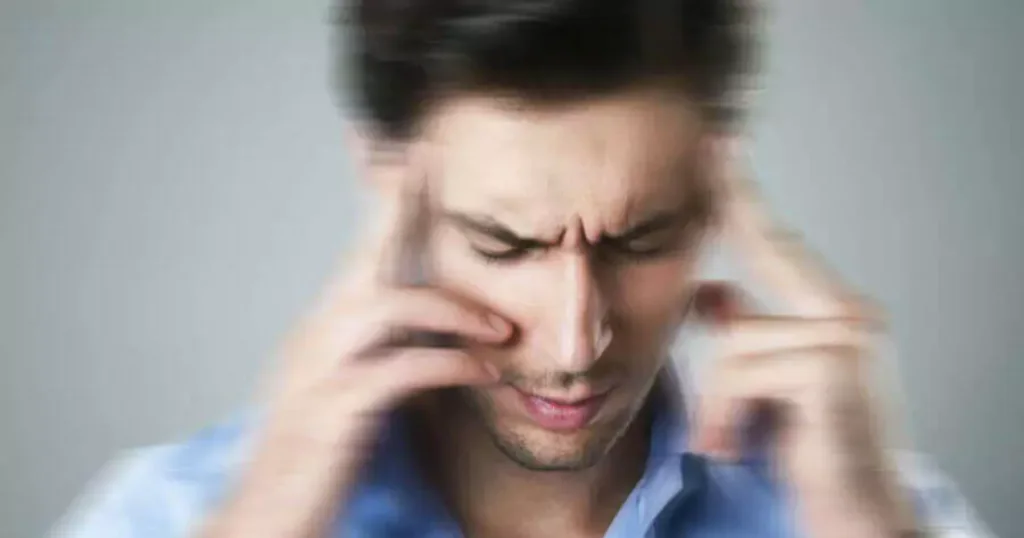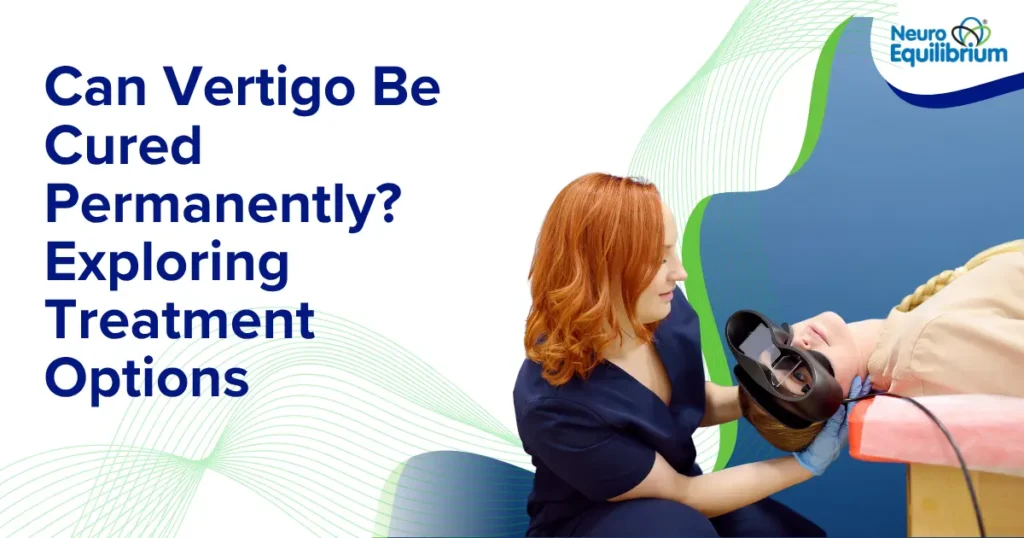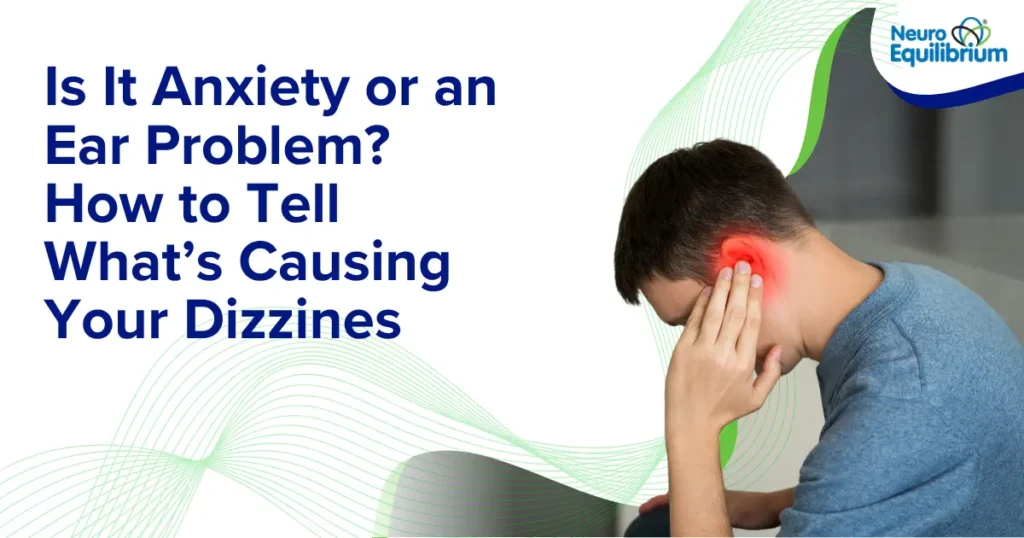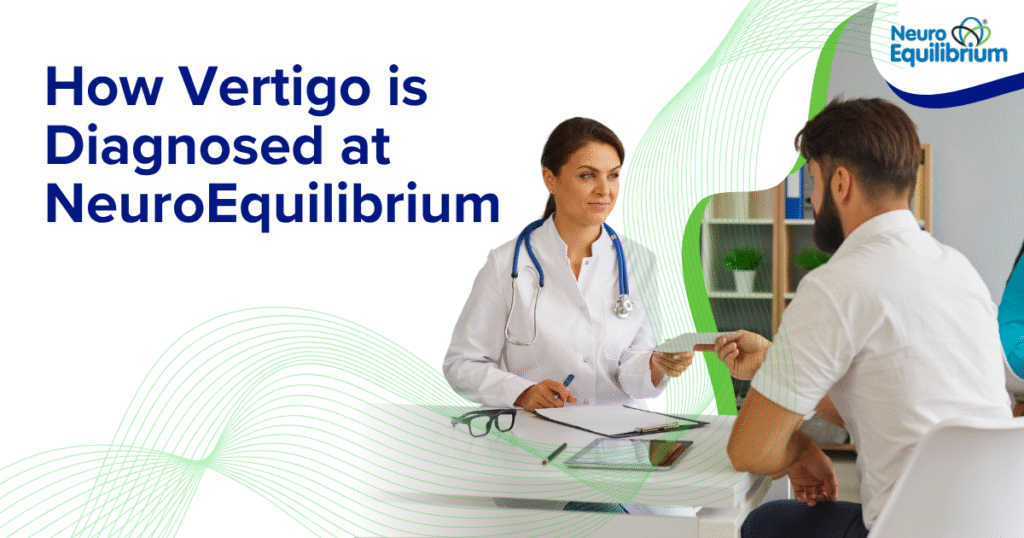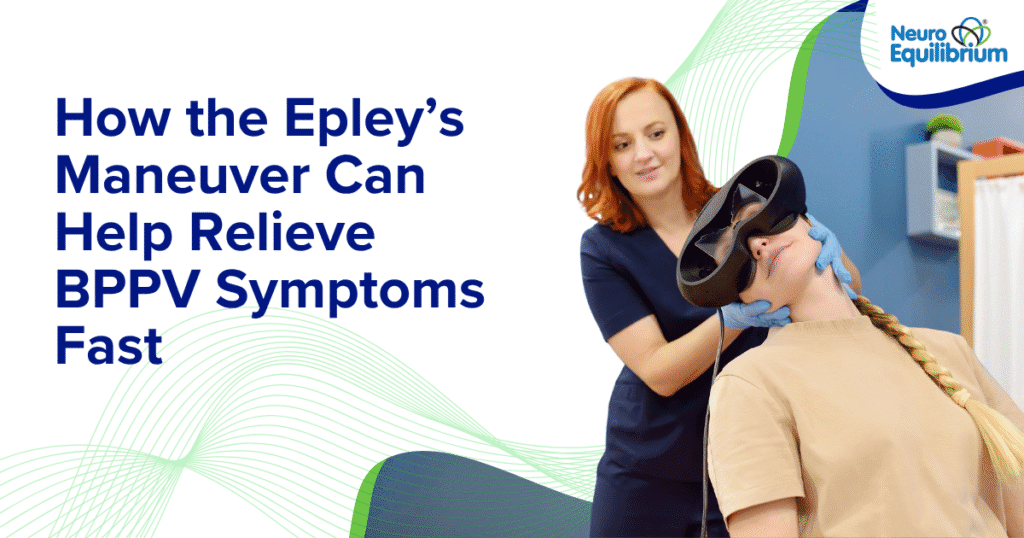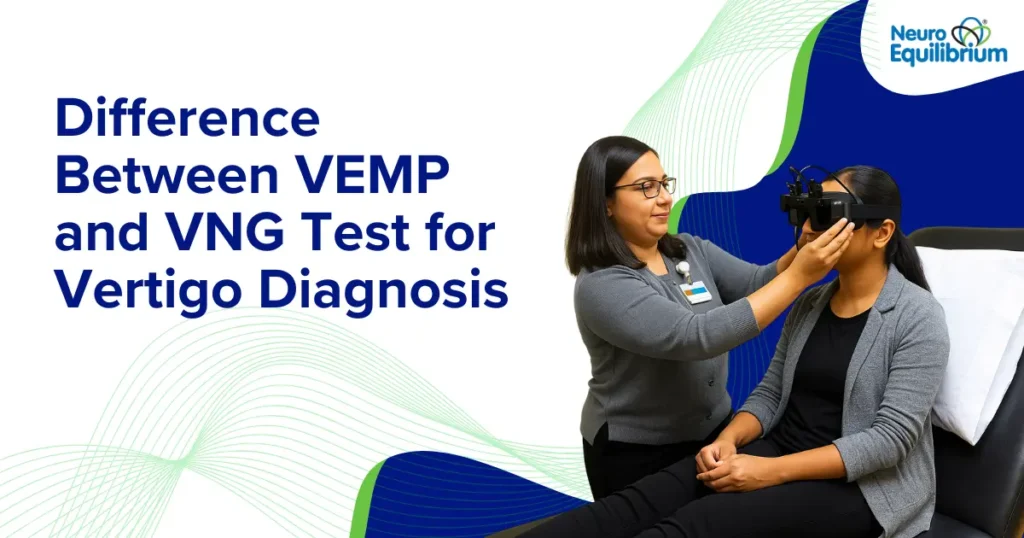A persistent postural perceptual dizziness or PPPD usually strikes people between the age group of 30 to 50 years. PPPD is a condition of chronic dizziness arising out of vestibular disorders. Significant changes in a behavioral pattern such as obsessive-compulsive personality, mild depression & a rise in anxiety levels are seen in patients suffering from Persistent Postural-Perceptual Dizziness.
Renowned German neurologists, Thomas Brandt and Marianne Dieterich first explained about Phobic Postural Vertigo (PPV) in 1986 as a condition of postural non-vertiginous dizziness with recurrent dizzy episodes. Between 2000 – 2014 scientists around the world researched and developed on the concept of PPV and termed it as a combination of Chronic Subjective Dizziness (CSD) and PPV and coined the condition as Persistent Postural Perceptual Dizziness or PPPD.
The PPPD condition results from triggers of visual vertigo and postural discomfort due to one’s own or other’s motion.
Causes of Persistent Postural Perceptual Dizziness (PPPD)
Vestibular disorders are the primary causes of Persistent Postural Perceptual Dizziness. Here is a list of some common PPPD causes –
- Meniere’s Disease (Abnormal Fluid build up in the inner)
- Vestibular neuritis( Inflammation in the vestibular nerve responsible for sending sensory signals to the brain)
- Vestibular migraine( a nervous system problem that results in PPPD dizziness)
Benign Paroxysmal Positional Vertigo (BPPV) (deposition of calcium crystals in the inner ear) - Benign Paroxysmal Positional Vertigo (BPPV)
- Medical conditions such as Stroke, Dysrhythmias, Dysautonomia
- Brain injury as Whiplash, Concussion
- Side effects of certain antibiotics, aspirin or other medications
- Psychiatric disorders as Panic attacks, Anxiety, Stress, Depression, OCD may also contribute to PPPD condition.
Symptoms of PPPD
PPPD poses chronic dizziness and unsteadiness for prolonged months, say, 3 months or more, but without vertigo sensation. The condition affects the normal daily lives of patients with the patients experiencing imbalance on a constant everyday basis. The Persistent Postural Perceptual Dizziness may strike suddenly, or certain postures or activities may trigger the dizziness. Persistent dizziness, non-spinning vertigo are some of the common symptoms of Persistent postural perceptual dizziness (PPPD). The existence of neuro-otological, medical or psychological events for a very long duration often results in frictions in vestibular systems and can even lead to other neurological disorders. In such cases, PPPD dizziness lasts for a longer time duration.
The PPPD patients may also feel like rocking or swaying to the sides.
Activities That Aggravate PPPD Symptoms
Patients experiencing PPPD symptoms have to be careful while doing certain activities:
- Making any head or body movements
- Reading
- Changing postures such as sitting down or standing up
- Using a computer
- Presented with visually stimulating environments, such as busy roads, shopping complexes, movie theatre, crowded places etc.
Most often, PPPD sets in owing to the triggers. But, crowded places and surroundings are often responsible for triggering PPPD symptoms.
It is also observed that PPPD mostly accompanies vestibular disorders which trigger the condition making it difficult to diagnose. Hence, the doctors suggest a battery of diagnostic tests to understand the Chronic Subjective Dizziness (CSD) pattern and arrive at a right diagnosis of PPPD. Mainly the period of dizziness and the frequency of dizzy episodes is observed to diagnose a PPPD condition.
Persistent Postural Perceptual Dizziness Treatment
PPPD is treated well with certain medications and vestibular rehabilitation program and therapies.
Patients are asked to undergo various PPPD vertigo tests for PPPD diagnosis to examine the underlying cause. Primarily, patients are put on SSRIs (Selective Serotonin Reuptake Inhibitors) and SNRIs (Serotonin-Norepinephrine Reuptake Inhibitors) to address chronic dizziness and unsteadiness.
Vestibular rehabilitation therapy is recommended to the patients as a long-term treatment that brings a more lasting remedy for PPPD.
Motion stimuli are reduced to a greater extent by Vestibular balance rehabilitation therapy. Vestibular balance rehabilitation therapy is one of the best PPPD treatments for dealing with balance issues.
Balance workouts and habituation exercises help PPPD patients desensitize and get used to stimulation due to motion and complex sensory environments. Vestibular rehabilitation therapy consists of a customized set of physical exercises as per the patient’s needs. It consists of movements of eyes, head & body to optimize vestibular compensation. NeuroEquilibrium has developed an effective line of treatment using virtual reality technology to reduce visual vertigo. PPPD patients will benefit greatly from this treatment module. For more information contact our Advanced Vertigo and Balance Clinics.
VRT emphasises improving stability and confidence of the patients with balance disorders.
Practicing the set of VRT exercises or PPPD exercise daily for up to 6-12 weeks under expert guidance is recommended. Continuing the therapy for 3-6 months gives optimal results.
Since dizziness may arise from numerous central, peripheral, or vascular conditions, one must go through a thorough diagnosis that helps arrive at accurate findings of cause and condition causing balance disorder. Accordingly, vertigo medication and VRT can be recommended to the patients.






